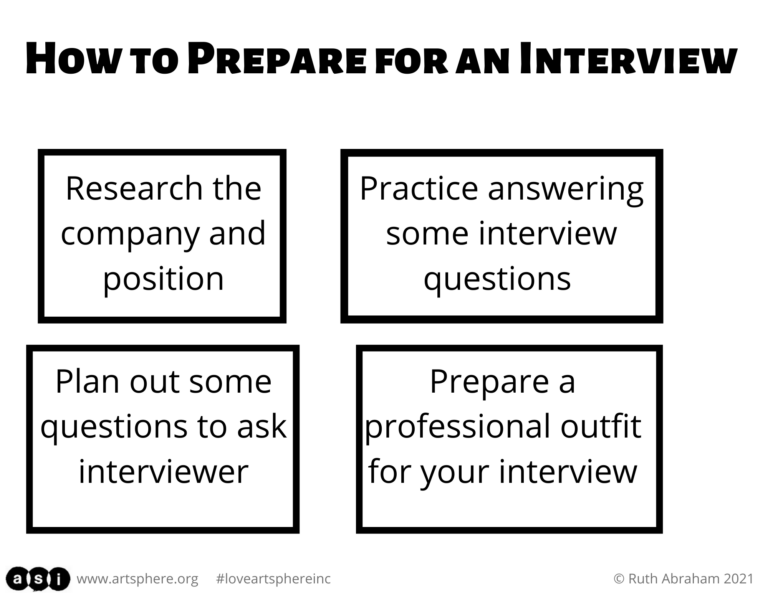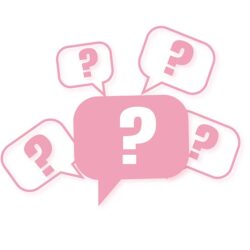How to Prepare for an Interview
Preparation Techniques for Interview
Being prepared will work your favor when you go for a job or school interview. Research the job title and company, or the school’s history, mission statement, and interests before your interview. This will help you to ask knowledgeable questions and impress your interviewer.
Writing an outline of interview questions and answers will help you gather all your thoughts on what to say when the interviewer asks similar questions.
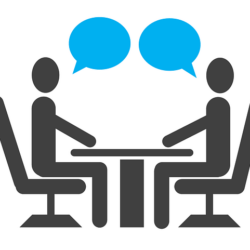
Finally, always remember an interview is a mutual conversation between yourself and the company/school. They will interview a candidate to see if you are a great match for the position. But the interview is also for candidates to interview the employer or faculty and find out if the company/university are a perfect match for what you are looking for. We encourage you to practice interviews with a friend or a family member.
It is important to dress professionally, remain respectful and interested in the position you are applying for. Also, be sure to arrive at your interview at least 20 minutes early with a note pad, writing utensil, and at least three copies of your resume. Candidates never know if the interview will be an individual or a panel.
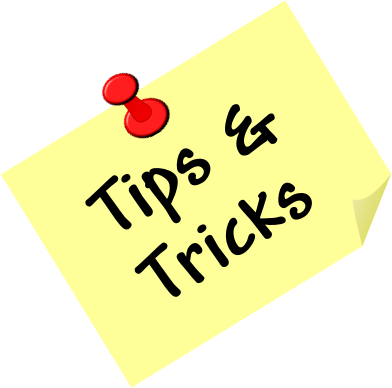
- Interviewing for a job/position is a skill set. The more you practice it, the better you become at it.
- If you are new to the interview process, finding a friend, family member, or mentor to practice with will help you gain confidence in asking and answering questions.
- Preparing for an interview takes time and self-reflection.
- You may want to ask yourself what inspired you to apply for this position? What skills do you think you have that will suit the position?
How to Make a Great Impression
What is considered Professional Clothing?
Before your interview, you can ask the hiring manager what the dress code policy is for their business. When in doubt, select an outfit that’s a bit more formal than the stated dress code. It’s better to be overdressed than underdressed.
Some companies have a business/professional dress code. This is especially common in corporate, law, and government industries. An appropriate interview outfit may include a two-piece suit with jacket and pants or a skirt, or a professional dress. Wear dress shoes and conservative accessories.

Business casual is appropriate for many interview scenarios. This may include a blazer, khakis or other non-denim pants, button-down shirt, blouse, skirt, or dress. Skirts and dresses should be knee-length or longer. More casual dress shoes such as men’s loafers, women’s flats, or dressier sandals would work. In general, items like light-washed or ripped jeans, leggings, flip flops, tank tops, graphic T-shirts, and athletic wear are not appropriate.
Sample Questions They May Ask You
- Tell me about yourself.
- Why do you want to work here?
- Where do you see yourself in five years?
- What strengths can you bring to this position? What are your weaknesses?
- Tell me about a challenge you faced, and how you tackled it?
- Tell me about a time you had to work in a group.
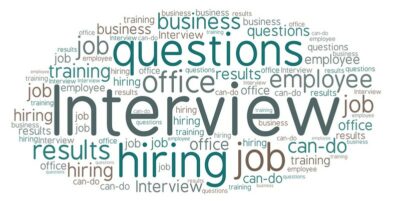
Sample Questions You May Want to Ask Them
- What challenges is your team facing, and how would this role help to address them?
- Can you describe a typical day in this role?
- What is your management style?
- What is the workplace culture like? What is your favorite thing about working for this company?


